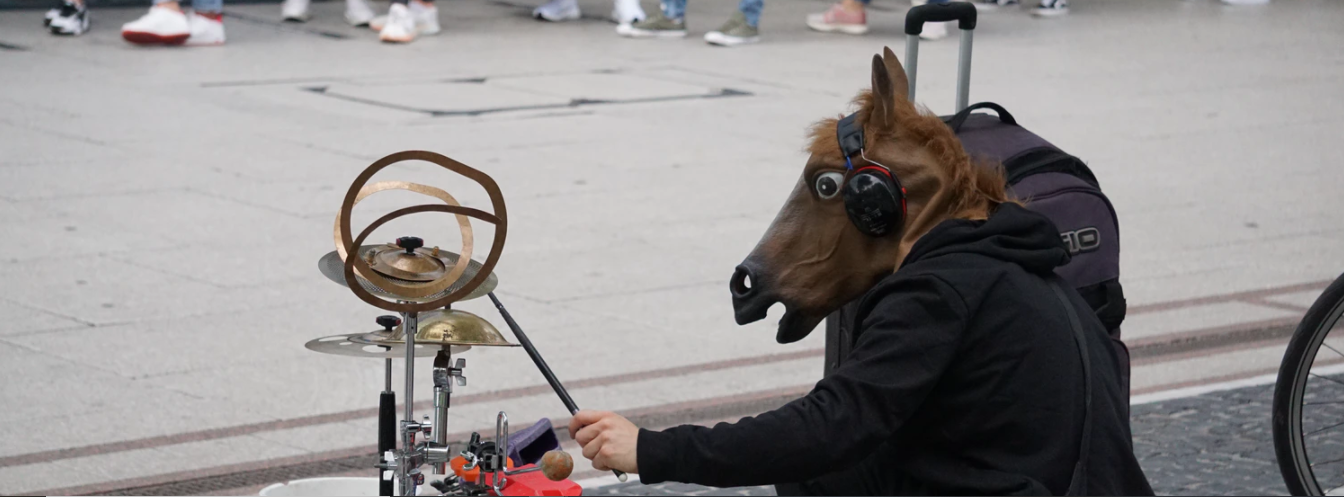State of the Economy: A House of Cards

Anyone looking at the markets would think that things are absolutely fine. Equities are roaring up, Treasuries are in a stable range and there is plenty of liquidity around. Corporate Bonds are at historically low yields with spreads on IG and HY at exceptionally normal levels. Even the Fed has been able to step back from the Repo markets.
So it would seem – everything is back on track. Low mortgage rates are spurning stronger house sales than the previous year. No visible signs of distress in these markets.
But anyone who thinks that this is indicative of where the broader economy is at – or heading – is either extremely naive, have their head in the sand like an ostrich or are disingenous. We are, in my opinion, in the calm before the storm. We are in a game of chicken, where no one wants to make the first move. A house of cards, where one wrong move and the whole thing could collapse. I’ve overused clichés, but actually they all fit.
Economic activity is a fraction of recent historical norms. Almost 30 million are still unemployed. Moratoriums, forbearances, rents unpaid, mortgages unpaid and the list goes on. How can this not have an immediate and long term effect ? On top of that, infections are spreading and predictions of increased spread and possible lockdowns come autumn and winter.
One of the most opaque areas currently is the Real Estate market. Notwithstanding the robust house sales, the rest of the market and especially commercial real estate is in a world of make believe. It’s understandable, the options are lousy. Landlords don’t want to move against tenants who can’t pay. If they evict their tenants, there is no one to replace them. Nothing loses value faster than a vacant piece of property, especially if it starts to debase the surrounding area. The same can be said for homes in distressed markets. Even without forbearance, the banks don’t want to move in these times forcing major swaths to become like Detroit – abandoned shells – with no hope of recovery for years, if not decades.
So here we sit and wait – for something to happen. The status quo is not sustainable. While markets and market makers are hoping for a recovery to take root – I find this doubtful. There is no foreseeable new fiscal stimulus on the cards and we are in a fraught election environment. Even if there were, it would take trillions of new stimulus per quarter to keep the game going. The last stimulus effect is waning and it’s evident in the CPI, jobs (read our artcile: Employment Data Show Probably Dead Cat Bounce) and other data.
Anybody who can access debt markets has done so. Corporate bond issuance keeps going from strength to strength. Here too is the same game plan. Raise debt, use it to pay operating expenses and interest payments and keep the balls in the air until recovery.
But the enormity of the problem is insurmountable with the tools applied thus far. It’s pure mathematics – if you add up the loss of business activity and income across the economy, the $3T in stimulus pales in comparison. It’s not enough of a bridge for a long term systemic problem.
The status quo can be maintained for only so long. A world with renters not paying rent, loans not being paid and corporations using debt for operating expenses in place of turnover is not sustainable.
The summer perpetuated a sort of fantasy land. Outdoor dining, garden BBQs and general summer things. “Sell in May and go away” - is exactly the mentality (if not actually selling anything) that was adopted by most of the country. Trying to enjoy a summer and forget the troubles of a pesky situation.
The chickens are coming home to roost though (apologies again for the cliché). No one wants to make the first move, especially just before an election. But these things have a way of moving forward undesirably.
It’ will be interesting to see which will hold out longer – the belief that things are returning soon to normal – or the empty pockets of the mortgage payers/holders ?
 How to ensure your investments beat inflation
How to ensure your investments beat inflation
If you believe that inflation is really going to take off (we don’t), what should you do? Once again...
 Searching for Real Yield
Searching for Real Yield
Following the kind of stock market blow-out that we are anticipating there will be plenty of high yi...
 Beating the Drums of Inflation
Beating the Drums of Inflation
It seems like the inflationistas are predicting inflation rather than showing data to support it’s e...